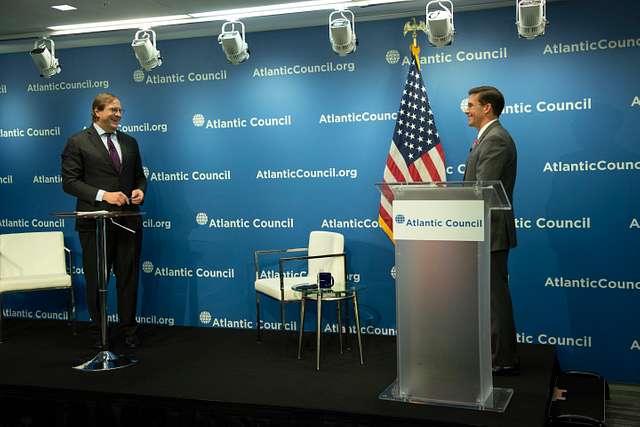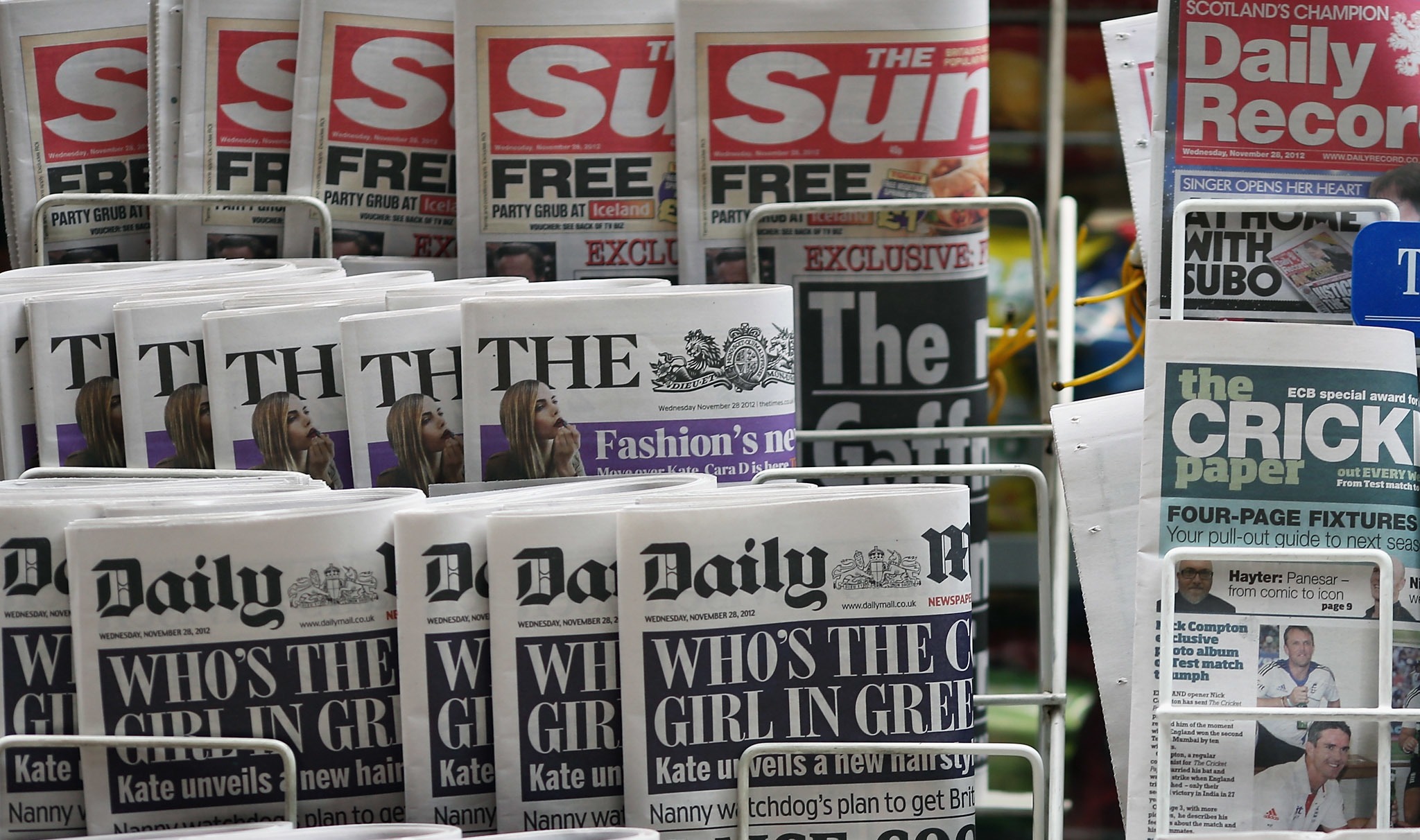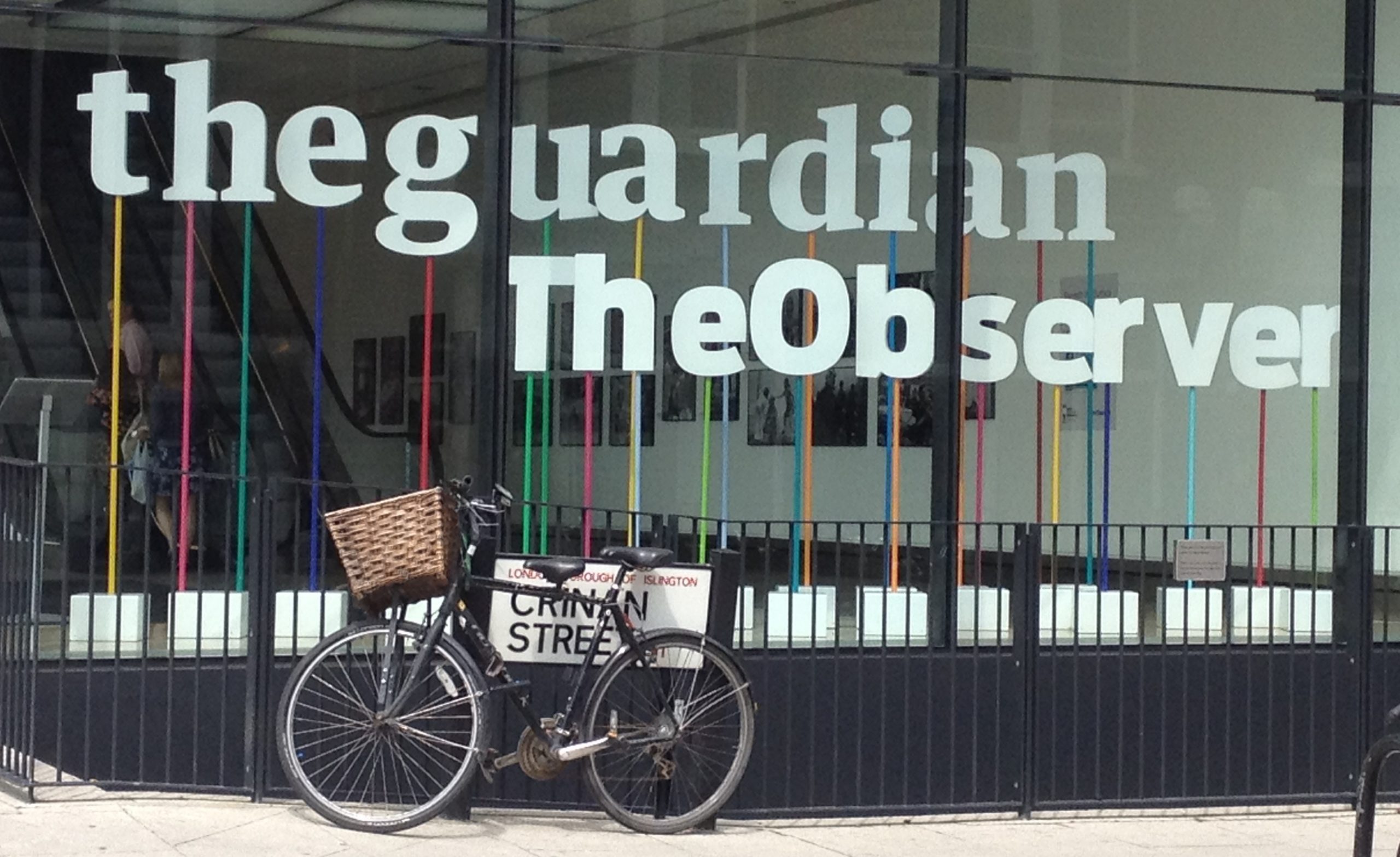The UK government has poured over £25m into private “counter-disinformation” organisations since January 2018 and four of these are directed by people linked to the British or US foreign policy establishment.
Yet while publishing information deriving from these groups, much of it on the Ukraine war, media outlets are failing to inform their readers of these organisations’ ties to the UK government.
Instead, the information is presented as coming from “independent” or “non-government” sources, thereby obscuring the financial trail which leads to Whitehall.
The British public is being misinformed about the UK government’s role in shaping coverage of global events such as the war in Ukraine, as well as the conflicts of interest which emerge from the incestuous relationship between the state, NGOs, and the media.
At the same time, the UK government is refusing to disclose the full extent of its links to the “counter-disinformation” industry, such as which organisations receive funding and how much.
Atlantic Council
One counter-disinformation group receiving government funding is the Atlantic Council Digital Forensic Research Lab (DFRLab), to which the Foreign Office has given at least £6.7m since January 2018. Other generous funders include the United Arab Emirates, Goldman Sachs, Facebook, and the US Departments of State and Defence.
The DFRLab says its mission is to “identify, expose, and explain disinformation where and when it occurs using open source research”. The organisation frequently publishes research about how the main adversaries of its funders – such as Russia, China and Iran – are engaged in malign information activities worldwide.
Declassified has found 25 Guardian and Observer articles which reference the DFRLab, its research or its employees. None of these articles mention the DFRLab’s financial ties to both the UK and US governments.
Instead, the DFRLab is referred to as a “Washington DC-based” organisation, “a US thinktank”, “a US research group”, “a non-profit that monitors and combats disinformation online” or “an independent digital forensic research lab”.
Based on a review of UK broadsheets using the Lexis database, the Independent has referenced the DFRLab four times since January 2022, never mentioning its funding.
For its part, the Daily Mail has cited the DFRLab on four occasions, yet did not divulge the money it receives from the Foreign Office.

Conflicts of interest
In November 2019, then Labour party leader Jeremy Corbyn unearthed documents which showed that the NHS was on table in trade talks with the US. Shortly after, DFRLab associates began to suggest the leak resembled a Russian disinformation operation.
Sky News reported that “experts from think tank Atlantic Council… have suggested the way the documents were shared is similar to a Russian disinformation campaign”.
The Telegraph noted that “the Atlantic Council” helped “to uncover evidence showing that the way the documents came into the public domain mirrored a disinformation campaign” of Russian origin. It also cited Graham Brookie, director of the DFRLab, saying: “Whoever did this… was absolutely trying to keep it a secret. It carries the spectre of foreign influence”.
For its part, the Financial Times noted that the NHS document was analysed by the “Washington-based Atlantic Council think-tank” which suggested that “the incident could point to potential foreign interference in the upcoming UK election”.
The Metro reported that “international affairs think tank The Atlantic Council found the documents were spread online in a similar way to” a Russian information operation. The Daily Express added that the “Atlantic Council think tank” worked “to uncover evidence showing that the documents that came into the public domain mirrored a [Russian] disinformation campaign”. The Mirror also weighed in on the affair.
Remarkably, neither Sky News, the Telegraph, the Financial Times, the Metro, the Express, nor the Mirror mentioned the crucial detail that the Atlantic Council receives millions of dollars from the UK Foreign Office and the US Departments of State and Defence. As a result, none of these publications touched on the obvious conflicts of interest overshadowing this story.
As media analyst Adam Johnson found, US outlets have fared little better, with Axios, Gizmodo, Fortune, Adweek, the Hill, Engaget, and CNet all failing to inform readers about the “glaring conflict of interest” in DFRLab teaming up with Facebook to “monitor for misinformation and foreign interference”.
Johnson writes: “When a venture that’s supposedly meant to curb ‘foreign influence’ is bankrolled by a number of foreign countries – including the United Arab Emirates, Britain, Norway, Japan, Taiwan and South Korea – one would think that would be worth noting”.
Information Resilience
Since January 2021, the Foreign Office has given at least £2.7m to the Centre for Information Resilience (CIR), which openly acknowledges that it receives funding from the UK government on its website.
The CIR has been referenced in the Guardian, Observer, Independent, BBC, Daily Mail, Times, Sunday Times, Financial Times, Sky News, and New Statesman no fewer than 29 times since January 2021 – yet the organisation’s UK funding has been mentioned just once, according to Declassified’s research.
The CIR was founded by two Foreign Office veterans, Ross Burley and Adam Rutland, who are now its directors. It produces a regular stream of information relating to Russian war crimes and information operations, particularly in Ukraine. The organisation says its flagship project is monitoring human rights abuses in Myanmar. This information frequently gets picked up and reported on by the British press.
“The BBC interviewed the CIR’s directors without mentioning the organisation’s government ties”
The Guardian has published seven articles which focus on or mention the CIR’s research, none of which state the UK government funds the CIR, nor that its directors are connected to the Foreign Office.
Instead, the Guardian refers to the CIR as a “UK-based human rights research organisation”, a “London-based” or “UK-based” organisation, a “London-based human rights organisation”, and as a “non-government” organisation. Two other articles contain no explanation of the CIR.
The Guardian’s sister paper, the Observer, has published one article based on CIR research, in which the organisation is referred to as a “non-profit UK social enterprise”.
Funding, what funding?
The Independent has published eight articles which reference the CIR, none of which disclose the CIR’s sources of funding. In one article, by Nina Jankowicz, who works for the CIR, the organisation is described as “an independent UK social enterprise that identifies, counters and exposes disinformation”.
The BBC has published three articles which draw on the CIR’s research, with none of them mentioning that the organisation, like the BBC itself, receives a significant amount of funding from the UK government.
The BBC has also interviewed the CIR’s directors without mentioning the organisation’s government ties.
Declassified also found that the Daily Mail cited the CIR on two occasions but, once again, did not mention its funding.
In the CIR’s round-up for 2022, the organisation boasted that it had partnered with “dozens of media outlets” including the Financial Times, Sky News and the New Statesman. None of these media organisations informed readers of the CIR’s Foreign Office funding.
After conducting a Lexis search for UK broadsheets, Declassified UK could find only one article mentioning that the CIR receives funding from the UK Foreign Office. On 29 January, the print edition of the Sunday Times noted that the CIR’s Myanmar Witness project “is part-funded by the British Foreign, Commonwealth, and Development Office”.
UK government secrecy on information operations
While the British media misinforms its readers about Foreign Office links to the organisations it cites, the UK government continues to shroud its own information operations in official secrecy.
In February 2022, Whitehall established the Government Information Cell (GIC) “to support the UK’s response to Russian disinformation relating to their invasion of Ukraine”.
The GIC is a cross-government team “of professionals in assessment and analysis, counter-disinformation, and strategic communication” which is funded through the Conflict, Stability and Security Fund (CSSF).
Though the GIC’s operations will likely impact UK citizens, the British public is not allowed to know how much public money is being spent on this project.
As Foreign Office minister Leo Docherty recently told parliament: “It would not be appropriate to comment on funding levels publicly as to do so would give malign actors insight into our capabilities”.
Similarly, the Foreign Office recently refused to disclose to parliament exactly which companies, think tanks, NGOs, and other organisations have been given funding to “to help counter disinformation in the last three years”.
Docherty told parliament that it is impossible to say how much the Foreign Office has spent on countering disinformation in each of the last four years as this information “could only be obtained at disproportionate cost”.




